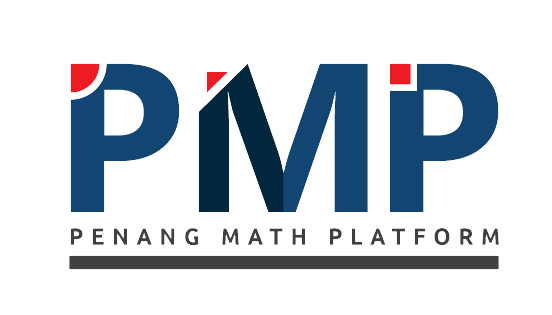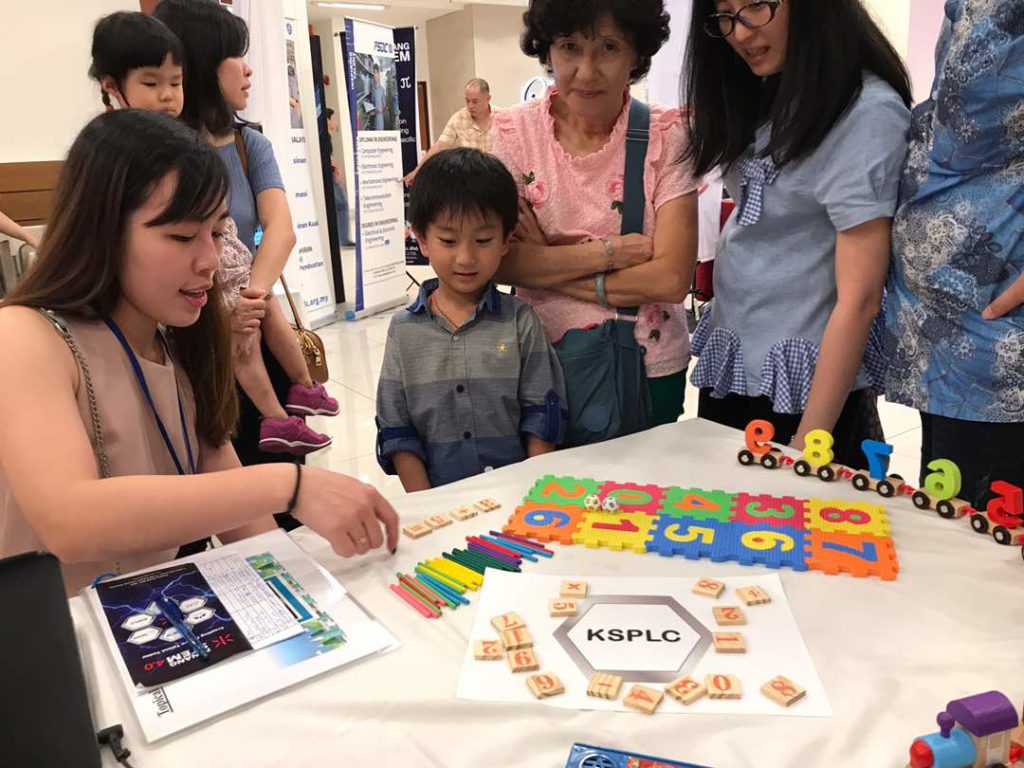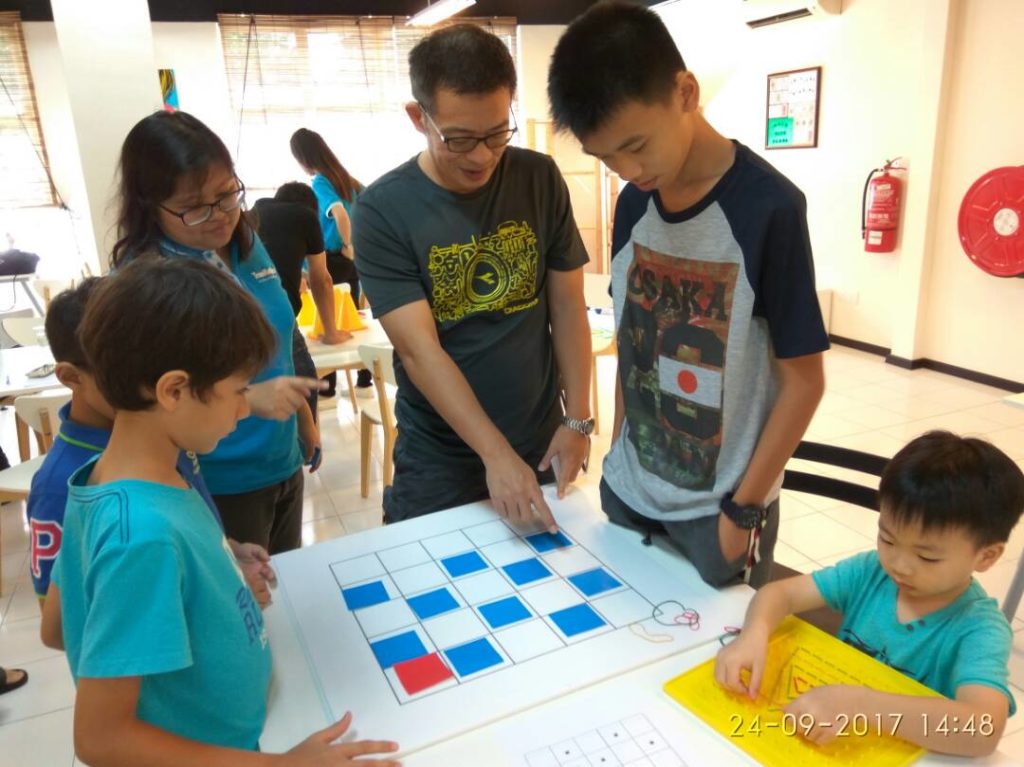“Without mathematics, there’s nothing you can do. Everything around you is mathematics. Everything around you is numbers.”
–Shakuntala Devi, an Indian writer and mental calculator, popularly known as the “human computer.”*
* Source: Wikipedia

The Penang Math Platform (PMP) has opened its doors to the public, offering facilities and resources dedicated to the study of mathematics. The PMP will be part of the ecosystem that nurtures Penang’s vision to be the Centre of Excellence for STEM education.
Having a dedicated organization for mathematics studies is also a timely boost to our nation’s aspiration, to break into the top third tier of international mathematics assessments.
In 2015, Malaysian students recorded better results for the Trends in International Mathematics and Science Study (TIMSS) assessment, achieving an increase of 45 points for science and 25 points for mathematics. The improvement took our science score to 471 and 465 for mathematics; compared to a multiyear low of 426 and 440, respectively in 2011.
TIMSS is a series of international assessments of the mathematics and science knowledge of students around the world.* It is conducted every 4 years, covering the equivalent of 4th and 8th grades. It is run by the International Association for Evaluation of Educational Achievement (IEA).
Asian countries are the trailblazers. The top five places in the assessment have consistently been with Asian countries, namely South Korea, Japan, Taiwan, India and Hong Kong and Singapore. Singapore students have taken the first place for most of the cycles of assessment.
The Education Blueprint 2013-2025 target is for Malaysia to break into the top third of the participating countries, with a goal of 500 points. It is a possible dream. We have scored 519 and 508 in 1999 and 2003 respectively.

A research into a 2012 international assessment showed that Malaysia obtained disappointing results, lagging behind Singapore, Vietnam and Thailand. In mathematics, our students fall below the OECD average, scoring 421. Although it showed a 17 point improvement over 2009, the score was far below the mean score of 494 for OECD countries.
So, what gives? The research shows that there are three aspects we need to work on, if Malaysian students are to do better in mathematics:
- Increase their mathematics self- efficacy
- Reduce their mathematics anxiety
- Enable students from lower ESCS (Economic, Social and Cultural Status)
Self-efficacy is about the students’ belief about their ability to do well in mathematics. Thinking, “I am a bad at math person” or “I am allergic to algebra” can be a self-fulfilling prophesy. Mark Ashcraft, a psychologist defines mathematics anxiety as “a feeling of tension, apprehension, or fear that interferes with math performance.” To mitigate these two issues, it is important to make mathematics challenging, enjoyable and rewarding for students.
A study showed a 16 point gap in mathematics literacy, correlating to the level of ESCS of the students. Those from higher ESCS did better. A direct and impactful way to tackle this problem is to provide equal access to necessary resources and conducive environment for students of different ESCS levels.
Incongruent, as it may seem with their performance, it was also found that Malaysian (and Singapore) students understood the importance of mathematics for their future careers.
With the momentum building to ready the world for the Fourth Industrial Revolution, or Industry 4.0, mathematics has become the critical skill for future careers. Penang has started work on solving the problems that are hampering our students’ ability to solve (mathematical) problems.
With the launches of Penang Stem Sdn. Bhd. on July 28-30 at the Sunway Carnival and August 18-20 at the Gurney Plaza, the Chief Minister of Penang, Y.A.B. Tuan Lim Guan Eng set forth the bold vision of making Penang the Centre of Excellence (COE) for STEM (Science, Technology, Engineering and Mathematics) education and events.
Central to this theme, is the call to embrace the coming of Industry 4.0, its imperatives and implications. The CM, his own words, is driving “in not only to prepare our young for the future but also in preparing the future for own young.” This is a timely rally, as experts conclude that, “people living in states and cities where there is collaborative effort between the public and private sectors to fill the anticipated lack of skills and embrace STEM learning, will be the most likely to succeed in Industry 4.0.”

Penang has been visionary in establishing several centres of education in Science, Technology and Engineering, such as the Penang Skills Development Centre (PSDC), the Penang Science Cluster (PSC), ACAT Penang (@acat), Tech Dome Penang (TDP), and the Penang Digital Library (PDL).
The establishment of Penang STEM is to harness the powers of these centres into a thriving eco-system that generates the skills needed to benefit from Industry 4.0.
At the helm of Penang STEM is L. H. Ang, a veteran of the high tech industry. Ang knows that while Penang is a fertile bed of Science, Technology and Engineering, a directed focus on Mathematics is a key step to achieving the STEM COE vision.
Housed at the Karpal Singh Penang Learning Centre in Gelugor, the Penang Mathematics Platform (PMP) is an organization dedicated to the advancement of mathematics for students, professionals and experts.
To drive up mathematics efficacy and drive down mathematics anxiety, articulated as issues hampering achievement of better mathematics results in Malaysia, the PMP is taking “a hands on, mind on and heart on” approach. Formal classes are balanced with camps, workshops and seminars.
An open approach to content and delivery is adopted, mining the best methods from the region including from Singapore, Korea and Japan, complementing the Malaysian system.
The Japanese mathematics that is being offered, for example, takes on a different approach in teaching the subject. Whilst developing the numerical problem solving skills, it also improves the social skills of the students through group examination of the process to the answers.
The PMP is an equal opportunity organization. It provides access to all levels of ESCS students, offering subsidized Japanese mathematics classes and affordable tuition to the lower income group. The product mix includes the more exclusive offerings from the Singaporean, Korean, United States and United Kingdom franchises. Adding to resource accessibility, the PMP also offers a conducive study lab with Wi-Fi, free for all students.
The buzz about Industry 4.0 and the skill feed needed from the STEM curriculum is building up. Reality will hit us soon. The Penang STEM centres are in motion to create awareness and offer Penang the first mover advantage.
Klaus Schwab, the Chairman of the World Economic Forum issues a warning that, Industry 4.0 is fundamentally different from previous revolutions. It is not just a change in digital technology. It is not just an emphasis on robotic technology, or a focus on genetic technology. It is a fusion of technologies and their interaction across the physical, digital and biological domains. It will fundamentally change the way we work and the way we live. “The changes are so profound that, from the perspective of human history, there has never been a time of greater promise or potential peril,” he asserts.”
Hand in hand with its five siblings, together as Penang STEM, the PMP will lead the march of Penang to the greater promises of Industry 4.0. Its success is also critical in showing the way for Malaysia to close the gap with Singapore, and the East Asian countries and economies, in the coming assessments.
The PMP is scheduled for the official launching at its premises by YAB Tuan Lim Guan Eng, the Chief Minister of Penang, on November 4, 2017. The time is 9.00 am to 12.30 pm. Parents, teachers and students are invited.
The PMP is located at No 1, Jalan Kaki Bukit, 11700, Gelugor, Penang. The contact person is Mr. A.S. Neoh (asneoh@penangstem.com).
Please dial 04-3730796 for inquiries.